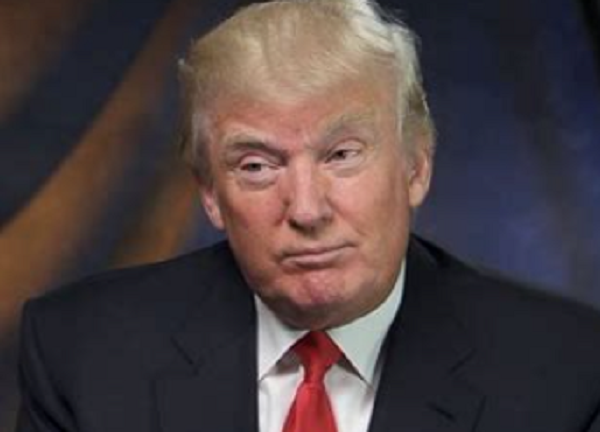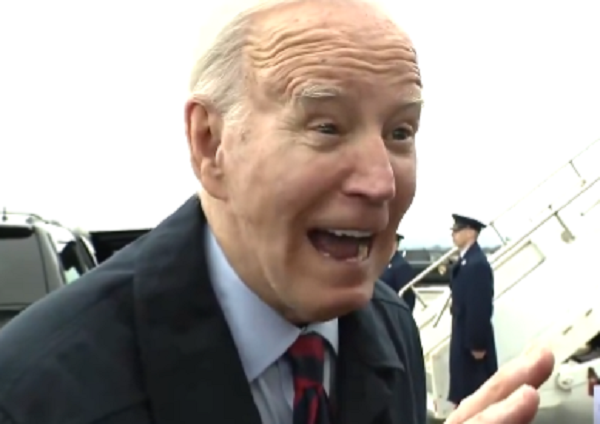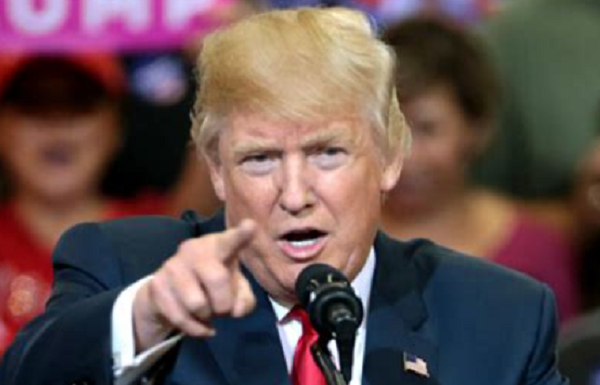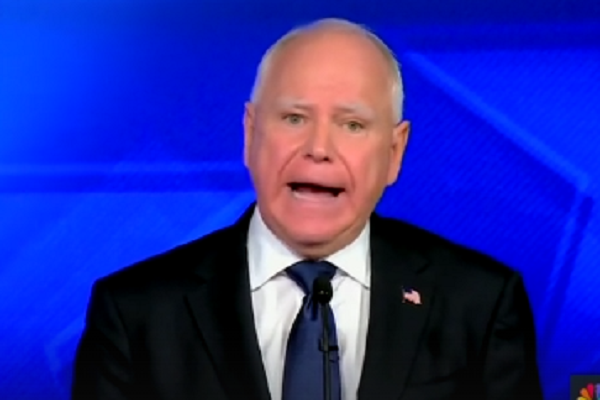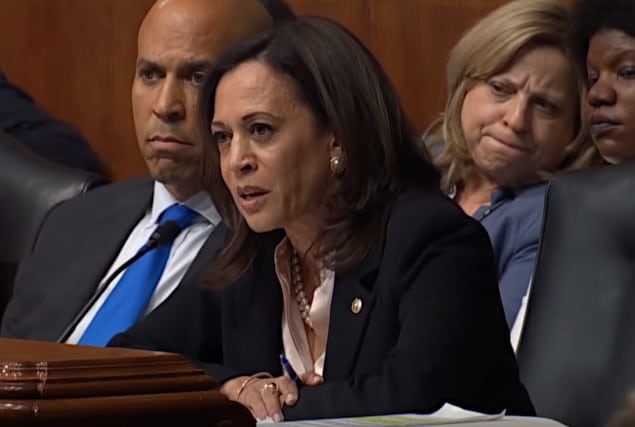The U.S. Supreme Court has recently issued three rulings, causing one prominent liberal to express concerns about potential negative outcomes.
“That’s it for today, which means nothing of real import came out today. And since we’re already in June that is kind of … BAD,” legal analyst Elie Mystal said.
“Let me put it like this, if *all* the GOP justices were going to do was kick the case back down to Chutkan for further fact finding that would delay his trial to after the election, they could have done that by now. The fact that they haven’t yet doesn’t make me think they’re going to rule *against* Trump’s broader immunity claims. It makes me think (or fear, very much fear) that maybe Alito is trying to GRANT *absolute* immunity, or something near to it, to Trump,” Mystal added.
“It’s going to be a (completely avoidable) mess,” legal analyst Steve Vladeck said.
The court listened to verbal debates in Trump v. United States on April 25. Trump’s main argument is that presidents cannot be criminally charged for their actions while in office. The decision of the Supreme Court will directly affect his federal election interference case, as well as the federal secret materials lawsuit he is currently facing in Florida.
There is a chance that Trump’s Georgia election interference case will be postponed, as it has already been delayed and is not anticipated to resume until after the 2024 election. This has caused dissatisfaction among liberals.
“Both relieved that the Supreme Court didn’t do anything terrible this morning and acutely aware that we should not have to spend the month of June holding our collective breath,” legal commentator Madiba Dennine tweeted.
However, Alex Badas, an assistant professor who specializes in judicial politics at the University of Houston, expressed to Newsweek that he does not believe the delay in releasing several major rulings by the Supreme Court holds any significant meaning.
“The Court takes much longer to publish opinions in the most controversial cases. This is because these cases typically have multiple opinions (the majority opinion, any dissenting opinions, and then any concurring opinions). The Justices typically deliberate much more in these controversial cases. This results in more draft opinions being circulated within the Justices’ chambers before they decide to publish the final opinion. Multiple draft opinions slow down the publication process,” Badas added.
Trump conveyed a sense of hopefulness in the aftermath of the recent proceedings held at the U.S. Supreme Court. Throughout the hearing, his legal representatives presented arguments in favor of “presidential immunity” in response to the charges leveled against him by special counsel Jack Smith. In a recent statement, Trump expressed his belief that it had been unequivocally established that a president must possess immunity.
“The U.S. Supreme Court had a monumental hearing on immunity, with immunity having to do with presidential immunity. And I think it was made clear—I hope it is very clear—that a president has to have immunity,” Trump said.
“That’s not what the founders had in mind,” he said. “We want presidents that can get quite amazing—quite amazing.” He added that the Supreme Court justices “were on their game.”
“So let’s see how that turns out,” he said. “But again, I say presidential immunity is very powerful. Presidential immunity is imperative, or you practically won’t have a country anymore.”



